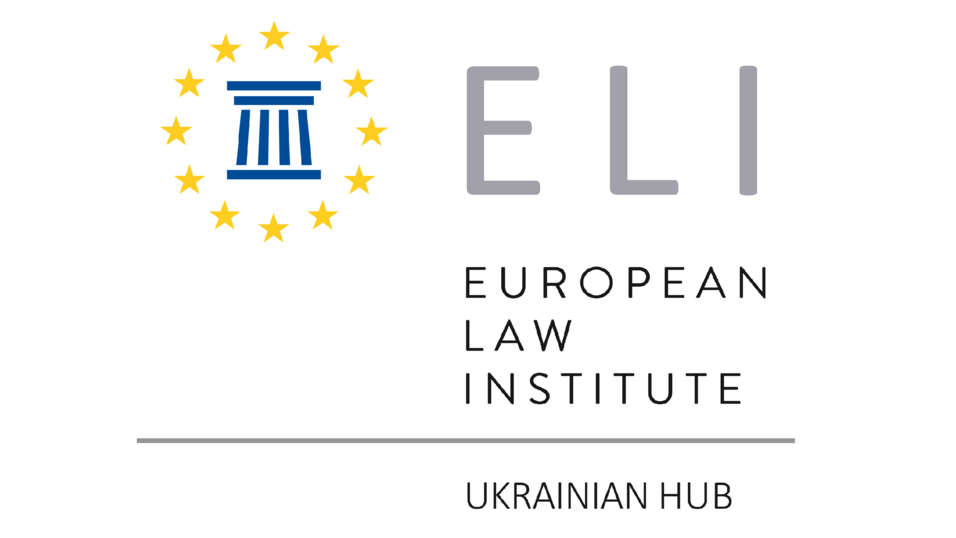Firstly, the webinar emphasised that a comprehensive border management approach is necessary, going beyond physical control. This approach includes utilising enhanced surveillance technologies, sharing intelligence, cooperating with neighbouring countries, and addressing socio-economic factors contributing to conflicts. By adopting a holistic approach, the EU aims at identifying and tackling the root causes of conflicts with a view to promoting stability along its external borders.
Secondly, the webinar emphasised the importance of enhanced multilateral cooperation. Recognising the transnational nature of border security and inter-ethnic conflicts, the EU should strengthen collaboration with international organisations, neighbouring countries, and regional partners. This collaboration would involve developing joint strategies, information-sharing mechanisms, and capacity-building initiatives. Through stronger partnerships, the EU aims at improving its ability to prevent security threats, manage migration flows and effectively address inter-ethnic conflicts in a more coordinated and sustainable manner.

